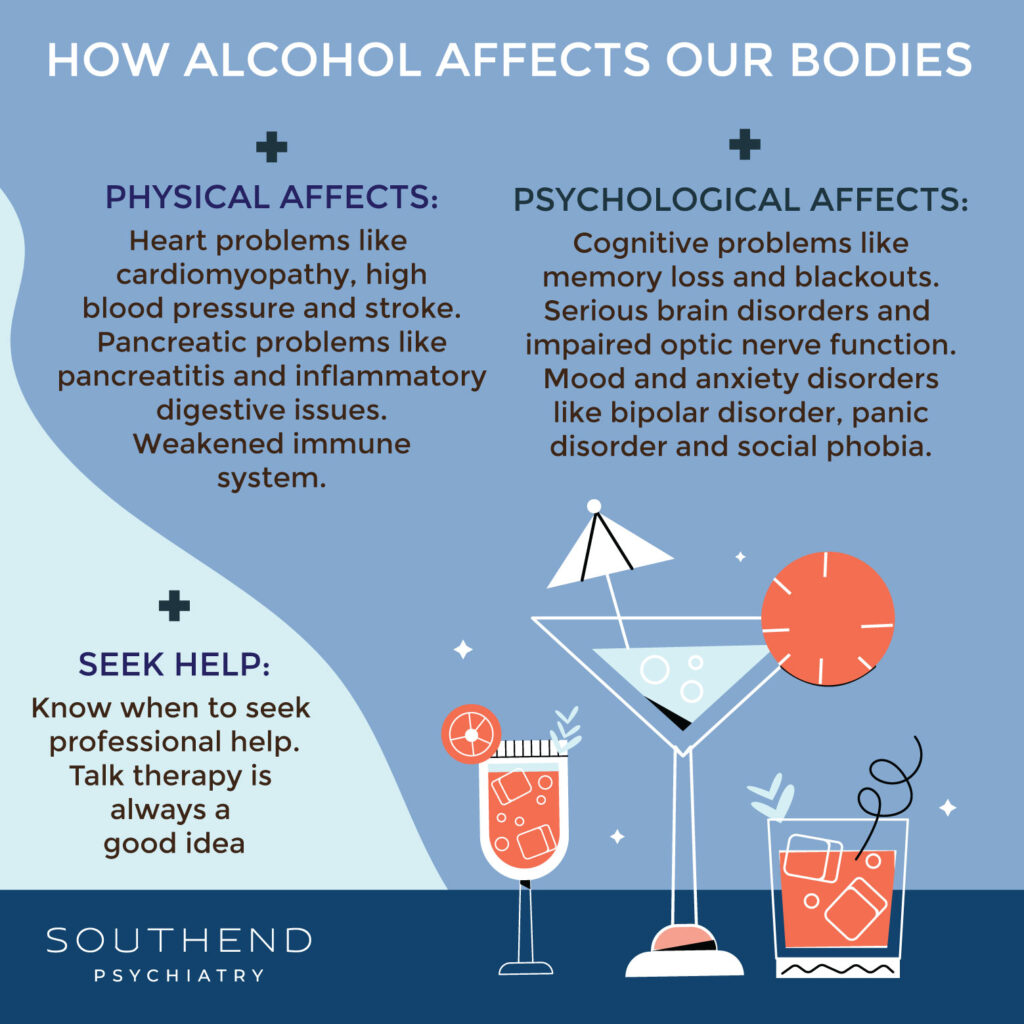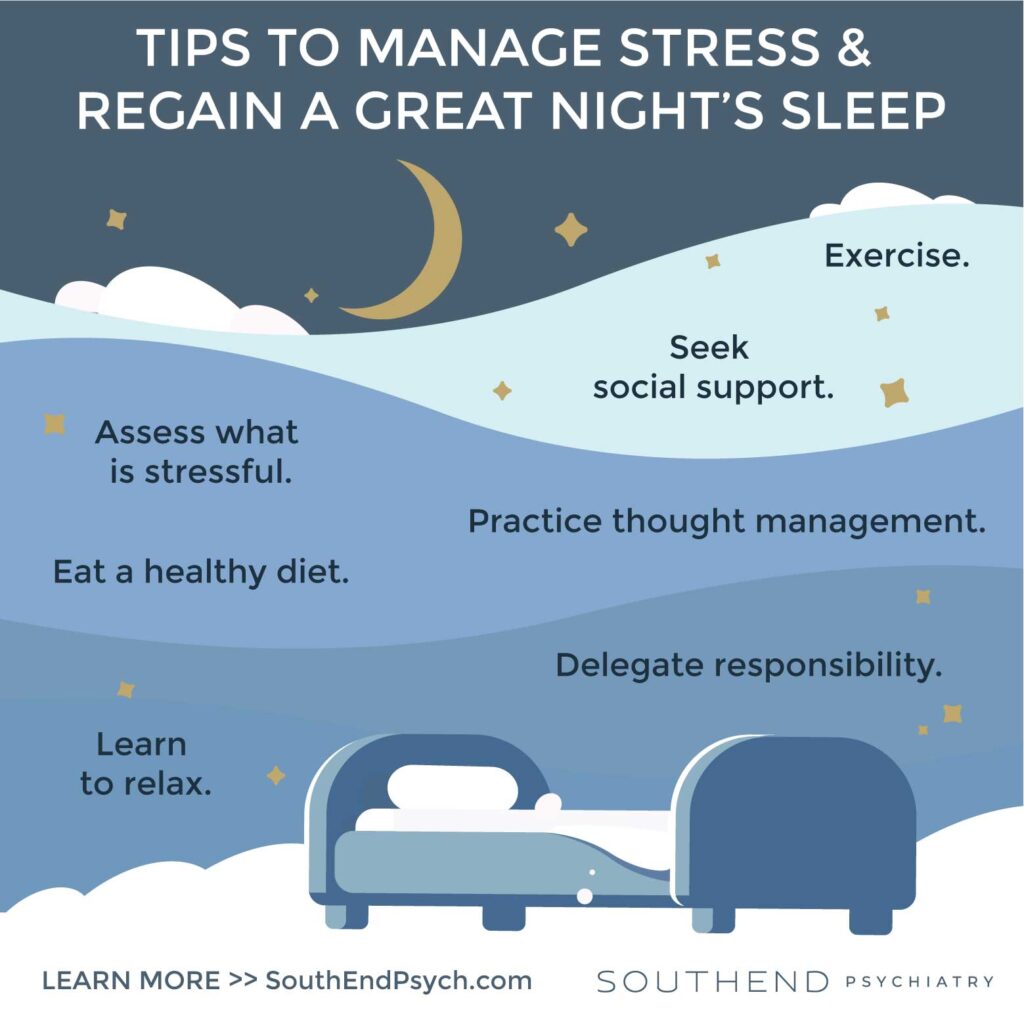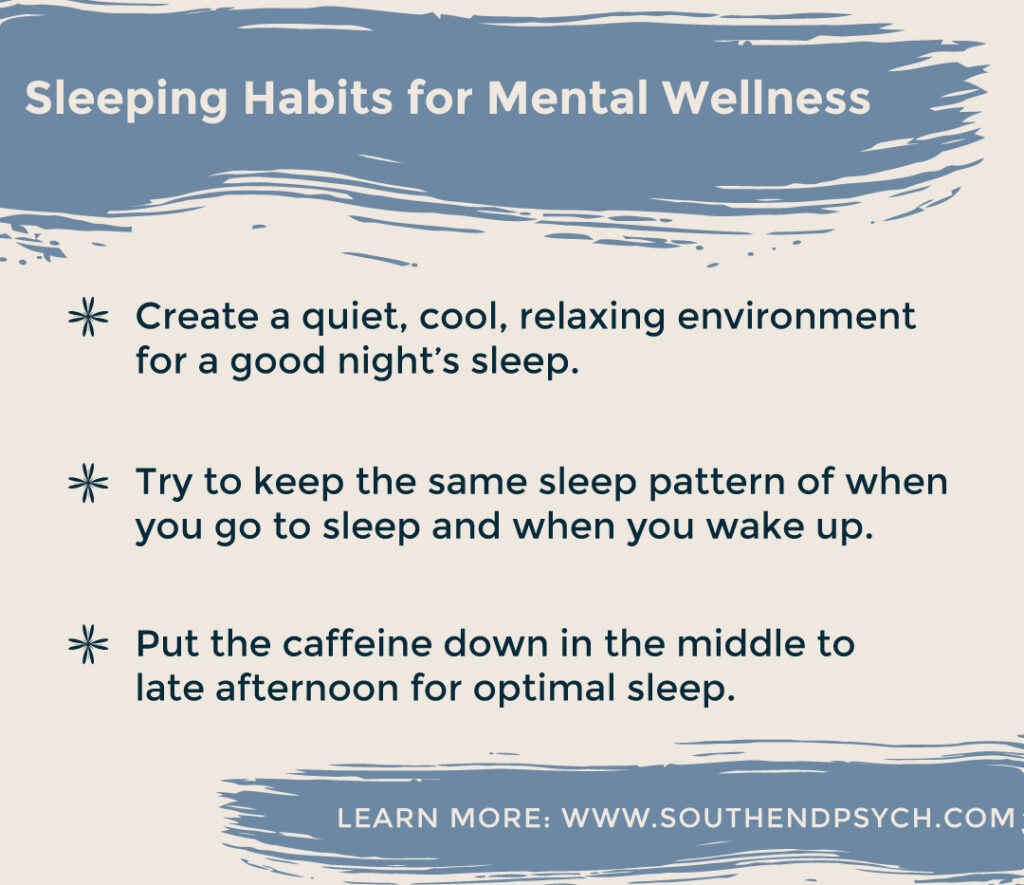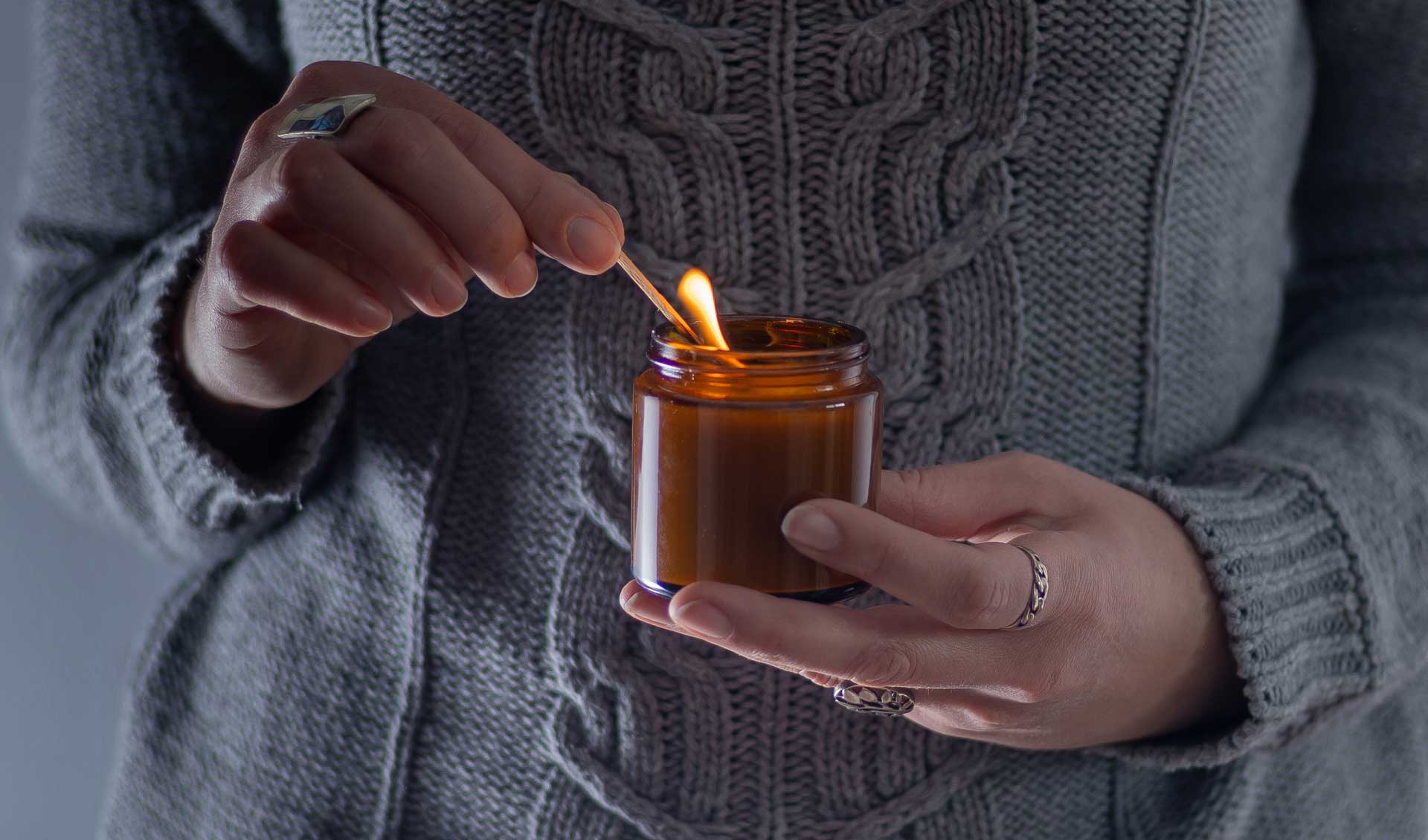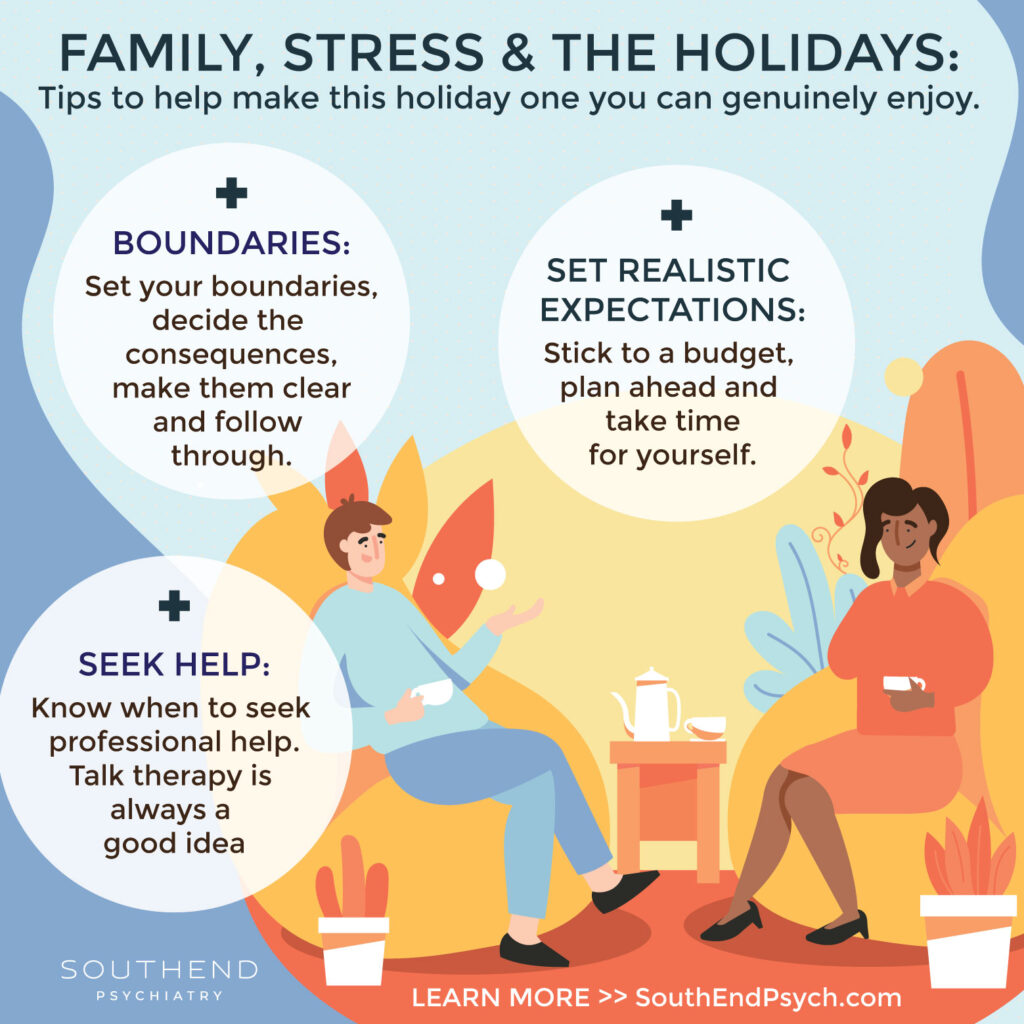Seasoned therapy patients will be the first to advocate for consistent scheduling…meaning, they don’t stop attending therapy when a crisis is over. We, at Southend Psychiatry, agree. It is in our human nature to want that “quick fix” however we soon realize that therapy isn’t just for moments of crisis. Therapy is an opportunity to develop coping skills, understand ourselves better and so much more.
Typically, the reason or motivation for starting therapy can change over time. We grow and begin to understand the value of what therapy gives us. Therapy provides opportunities to live and feel better!
Let’s dive into what therapy has done for our Southend patients:
1. Coping Skills
Coping skills are tools that help us deal with discomfort. Therapy provides a window into ourselves. What are we afraid of? What is holding us back? These developed skills give us confidence and reassurance as we navigate life’s challenges and changes.
2. A Safe Place
Therapy should be safe. A place to open up to someone who you can trust. It can be scary to talk about our past traumas and current fears. Therapy gives us a chance to sit back and reflect in an atmosphere of love and safety. Guided by a licensed therapist, they can offer a different perspective for us and insight into how we can handle certain situations.
3. Better Communication
Relationships can be hard! Whether they are professional or personal, therapy helps us build trust, communication and empathy into those relationships. A therapist can be a huge support in building healthy communication skills.
4. Self-Esteem
Self-Esteem and self-awareness are vital to being the best version of yourself. A therapist can help us identify our insecurities, where they actually come from and a roadmap to healing. Most of us have insecurities and feelings of inadequacy ~ therapy is a great tool to conquer those areas of our life.
5. Guidance & Direction
Life is full of changes. Life also brings new ideas and opportunities. Therapy helps us uncover what is most important to us and figure out what we feel is missing. We can explore new career paths, hobbies and ambitions. A therapist once described therapy with this analogy: “I see therapy as a preventative measure. You wouldn’t fireproof a house during the fire. Similarly, you want to have the appropriate skills and self-work in place to navigate any future situations.”
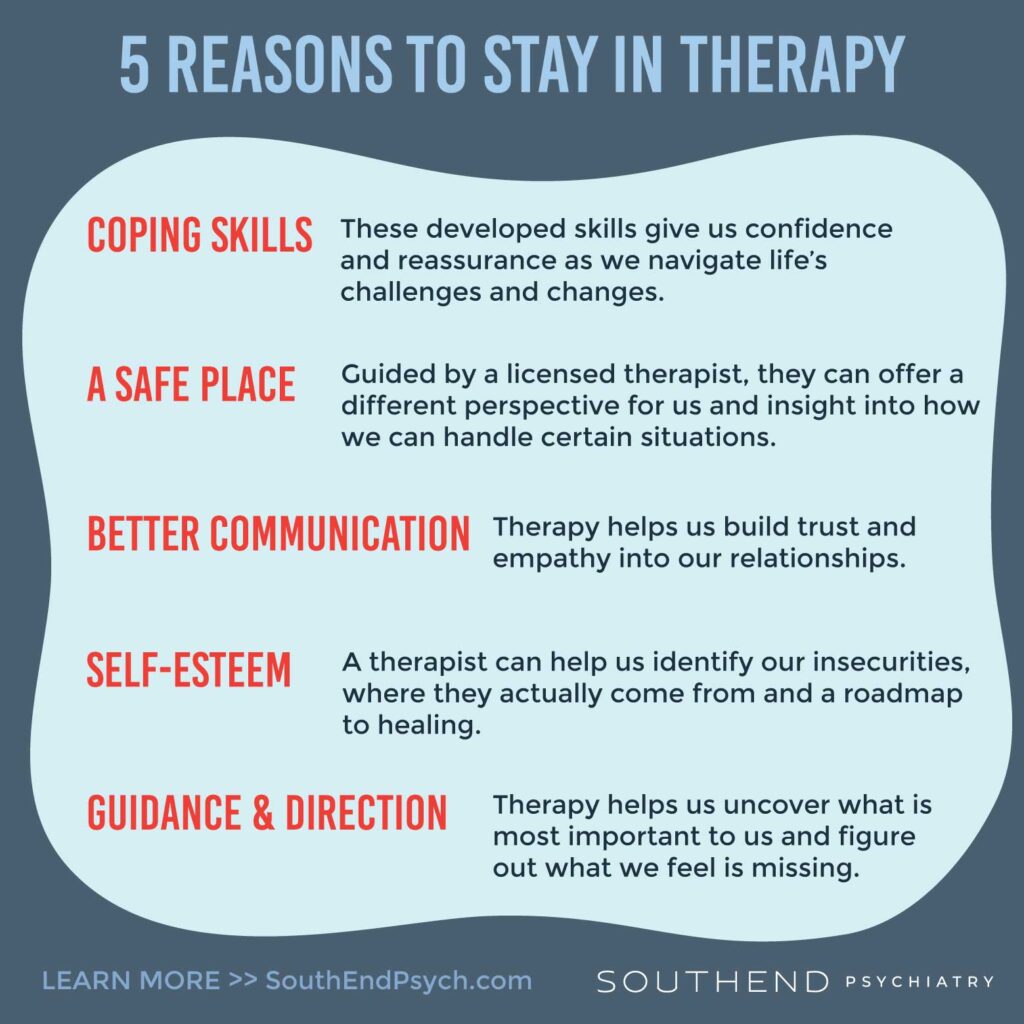
Our team of licensed therapists at Southend can guide you toward deeper relationships, better coping skills and essentially prepare you for life’s ups and downs. You have a team ready to walk along side you in this journey called life. We are here and we welcome you to come and have a conversation with us.
Contact Southend Psych today to inquire about appointment availability and get you on your way to a better place.
Southend Psychiatry
Schedule your appointment today with one of our SouthEnd Psychiatry clinicians. Book your appointment online or call 1-800-632-7969 to get started today.








